What once symbolized the future of green tech now feels like a giant betrayal.
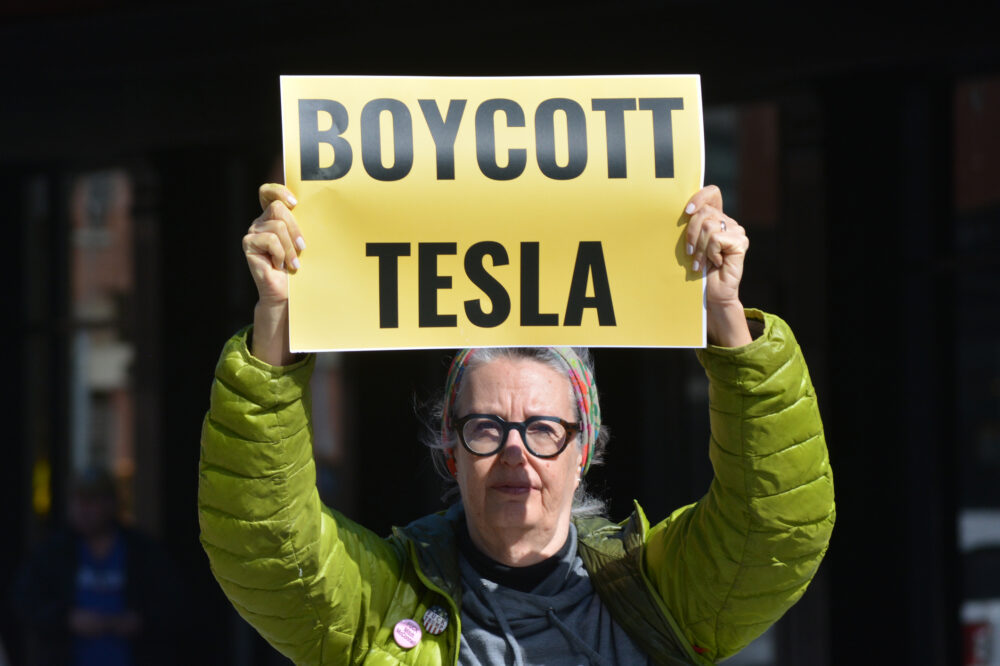
For a while, Tesla felt unstoppable—a sleek, electric symbol of hope for the future. Climate activists, eco-conscious buyers, and tech dreamers all rallied behind it like it was more than just a car company. It was a movement, a promise that we could innovate our way out of a climate crisis. But lately, that love affair has hit a major rough patch. The same people who once championed Tesla are walking away, frustrated, disappointed, and in some cases, downright furious. It’s not about the cool factor anymore. It’s about trust, values, and what Tesla now represents versus what it used to stand for.
A lot of activists feel like the company—and its leadership—stopped leading for the planet and started chasing something else entirely. The shift didn’t happen overnight, but it’s impossible to ignore now. For many, supporting Tesla feels less like a solution and more like a sellout.
1. Elon Musk’s political antics are driving activists away fast.
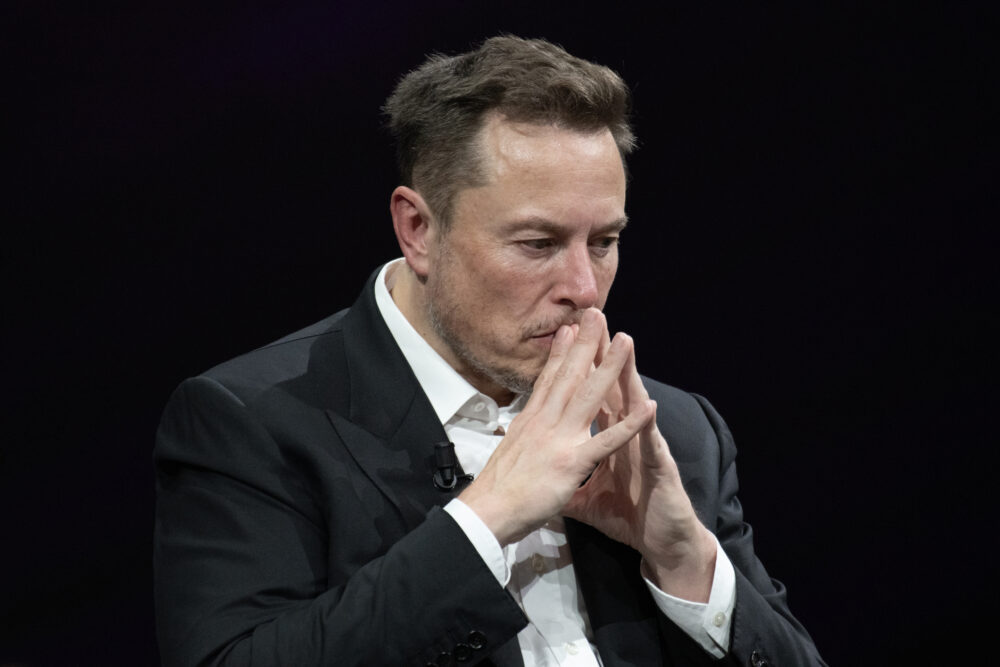
It’s not just the tweets—it’s the full-on political shift that’s making a lot of climate activists feel betrayed. Musk, once seen as a visionary, has increasingly aligned himself with right-wing figures and ideas that clash hard with progressive climate goals, write David Ingram and Bruna Horvath in an article for NBC News. When the guy leading your favorite “green” company starts mocking climate science, promoting conspiracy theories, and criticizing environmental regulations, it’s a slap in the face. Activists don’t expect leaders to be perfect, but they do expect them to at least stay consistent with the mission. Tesla was supposed to be about saving the planet, not stoking culture wars.
Every controversial post or political rant makes it harder for people to separate the brand from the man. Supporting Tesla now feels, to many, like endorsing values they fundamentally oppose. When the face of your company alienates your biggest believers, even the coolest tech can’t save your reputation. Eventually, the gap between the hype and the reality becomes too wide to ignore.
2. Tesla’s labor practices don’t match its eco-friendly image.
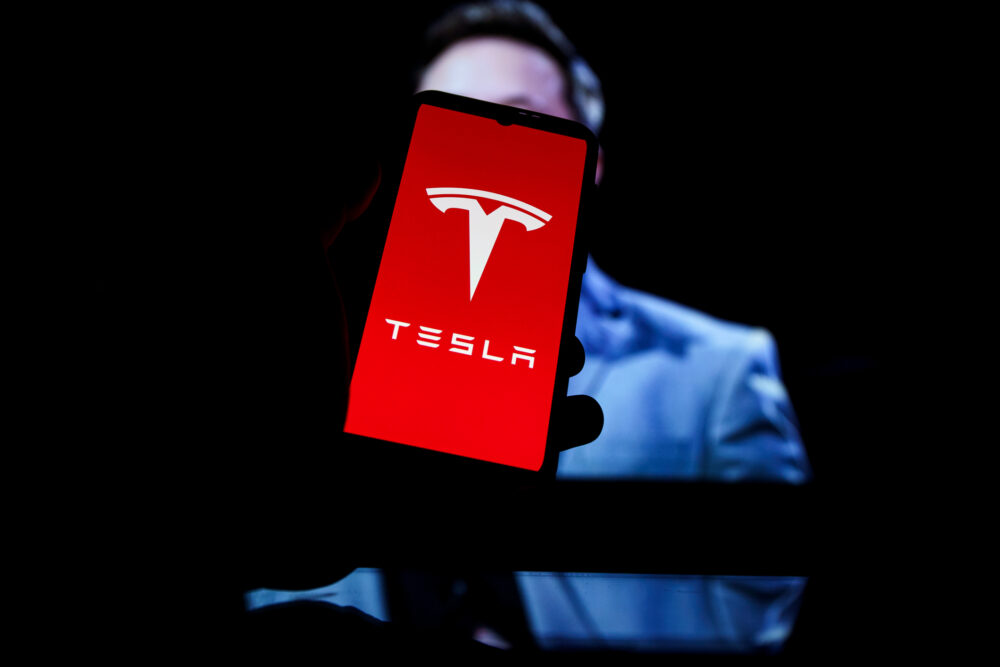
Climate activism isn’t just about protecting the environment—it’s about protecting people, too. Tesla has faced repeated accusations of unsafe working conditions, union-busting efforts, and racial discrimination at some of its factories, according to Robert Burnson of Bloomberg in a Time Magazine article.
That’s not the vision of a clean, just future that activists signed up to support. You can’t champion sustainability while running factories where workers feel exploited or unsafe. It sends the message that profits matter more than people—and that’s exactly the mindset the climate movement is fighting against. Every lawsuit, every exposé, chips away at Tesla’s once-heroic glow.
When you peel back the shiny surface, it starts to look like business as usual, not a revolution. Climate activists want ethical supply chains, fair labor, and humane workplaces alongside green tech. Tesla’s failure to deliver that full package has left many feeling duped. It’s hard to call a company the future when it’s stuck repeating the ugliest parts of the past.
3. The environmental impact of Tesla’s battery production is raising eyebrows.
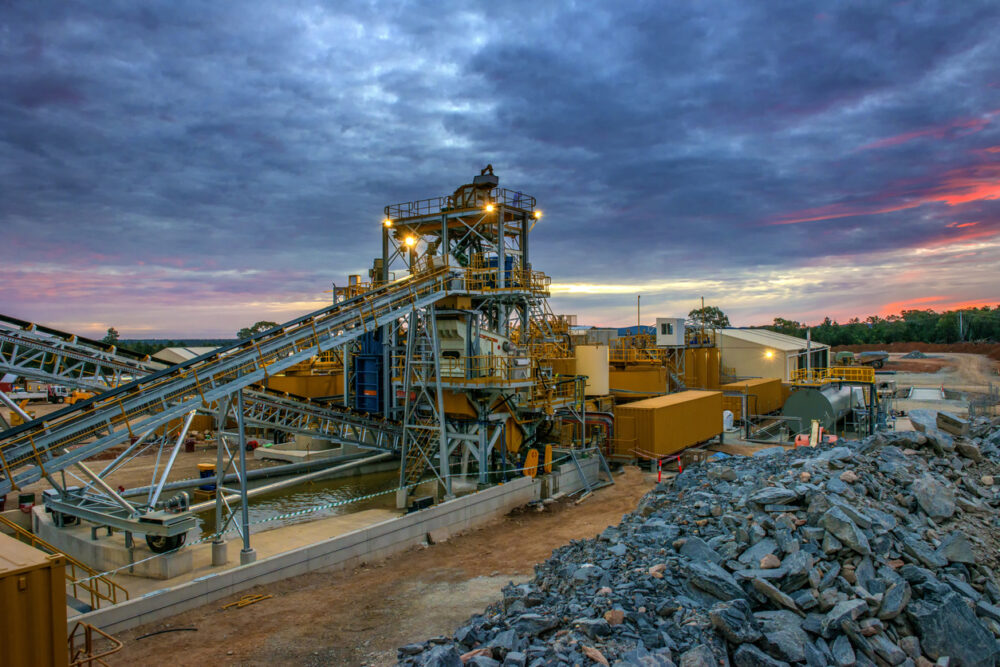
When Tesla first hit the scene, driving electric felt like an instant moral upgrade. No gas, no guilt, just pure eco-warrior vibes. But as researchers dug deeper into how those giant batteries are made, things got a lot murkier. Notes Lakshmi R B in a report for Earth.Org, mining for lithium, cobalt, and nickel devastates ecosystems, pollutes water, and often involves horrific labor practices. Building a Tesla still means leaving a heavy environmental footprint—it’s just happening far away where most buyers don’t see it. For climate activists who pay attention to the entire life cycle of a product, that’s a big red flag.
It’s not enough for a car to be clean at the tailpipe if it’s dirty everywhere else. Greenwashing doesn’t fly anymore. Tesla promised revolution, but activists feel like they’re getting a half-truth at best. If you’re fighting for a truly sustainable world, you can’t turn a blind eye to destruction just because it’s happening upstream.
4. Tesla’s quality control issues are getting too big to ignore.
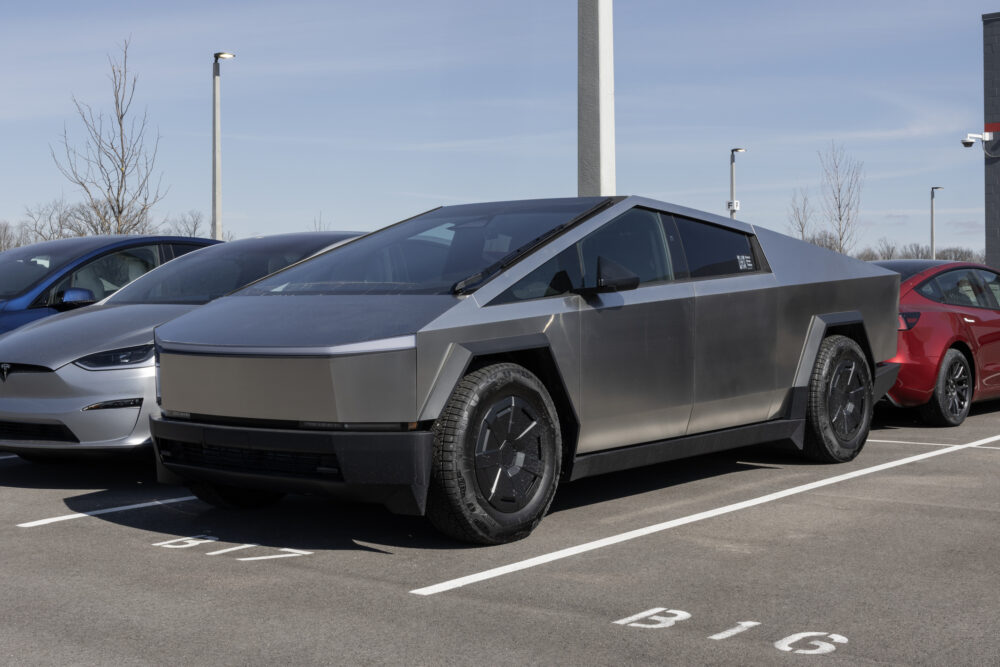
Early Tesla buyers were willing to overlook a few glitches because the vision was so exciting. But now, years later, there are still constant complaints about sloppy manufacturing, malfunctioning parts, and cars that don’t live up to the hype. Activists and eco-minded buyers aren’t just looking for innovation—they’re looking for reliability and responsibility. When you shell out $50,000 or more for a car that’s supposed to help save the planet, you expect it to actually work.
Reports of misaligned doors, peeling paint, and even safety issues make it feel like Tesla rushed to dominate the market without slowing down to do it right. That’s not what a sustainable future looks like—it’s what a cash grab looks like. Climate activists want companies to build things that last, not flashy products that fall apart. Quality matters when you’re serious about change. If you can’t deliver durable, dependable products, you’re not leading a revolution—you’re just selling an image.
5. Tesla’s broken promises on solar energy left a bad taste.

Remember when Tesla promised to revolutionize home energy with sleek solar roofs that would change everything? That bold vision had climate activists dreaming of a greener, more independent future. But years later, the rollout has been a mess—delays, massive price hikes, lawsuits, and customers feeling completely abandoned. Many who believed in Tesla’s energy vision now feel duped. SolarCity, once a beacon of promise, became just another acquisition story that fizzled out without delivering on its big talk. For activists fighting for real, accessible clean energy solutions, that failure hit hard. They didn’t just invest money—they invested hope. Watching Tesla fumble the solar ball felt like a betrayal of the bigger mission.
Greenwashing doesn’t just happen with gas companies. When you overpromise and underdeliver on clean energy, you lose the trust of the very people you claimed you were trying to empower. Trust, once broken, doesn’t come back easily—especially in a movement built on urgency.
6. The company’s cozying up to authoritarian governments is raising alarms.

Climate activists aren’t just fighting for clean air—they’re fighting for justice, freedom, and ethical leadership. So when Tesla expanded heavily into countries with serious human rights violations and said very little about it, a lot of people noticed. Building factories in places where workers have few rights and dissent is crushed doesn’t align with the values Tesla once claimed to represent. It’s not just about economics—it’s about who you choose to do business with and how loudly you’re willing to speak up. Silence in the face of injustice is its own kind of complicity.
For activists who believe saving the planet and protecting human rights go hand in hand, Tesla’s global strategy feels incredibly disappointing. If your “world-saving” mission only applies where it’s convenient, it’s not really a mission—it’s marketing. Climate warriors want leaders who stand for something, not just expand anywhere they can make a buck. Tesla’s silence has been deafening—and costly.
7. Tesla’s handling of racism allegations has shattered its progressive image.

It’s hard to claim you’re building a better world when employees are suing you for racial discrimination. Multiple lawsuits and reports have surfaced accusing Tesla’s factories—especially in California—of tolerating racist slurs, harassment, and creating hostile work environments for Black workers. Climate activists aren’t just worried about carbon footprints—they care about human dignity, equality, and fairness.
Watching Tesla dodge responsibility, downplay complaints, or push back against accountability feels like a betrayal of every value they said they stood for. You can’t separate environmental justice from social justice. They’re tied together. A company that lets racism fester inside its walls isn’t leading us into a better future—it’s dragging old, ugly problems right along with it. Progress isn’t just about batteries and solar panels—it’s about creating a world where everyone is respected. Tesla’s refusal to seriously address these allegations has turned a lot of once-loyal supporters into loud, frustrated critics who expect better.
8. Musk’s anti-environmental messaging is undermining Tesla’s credibility.
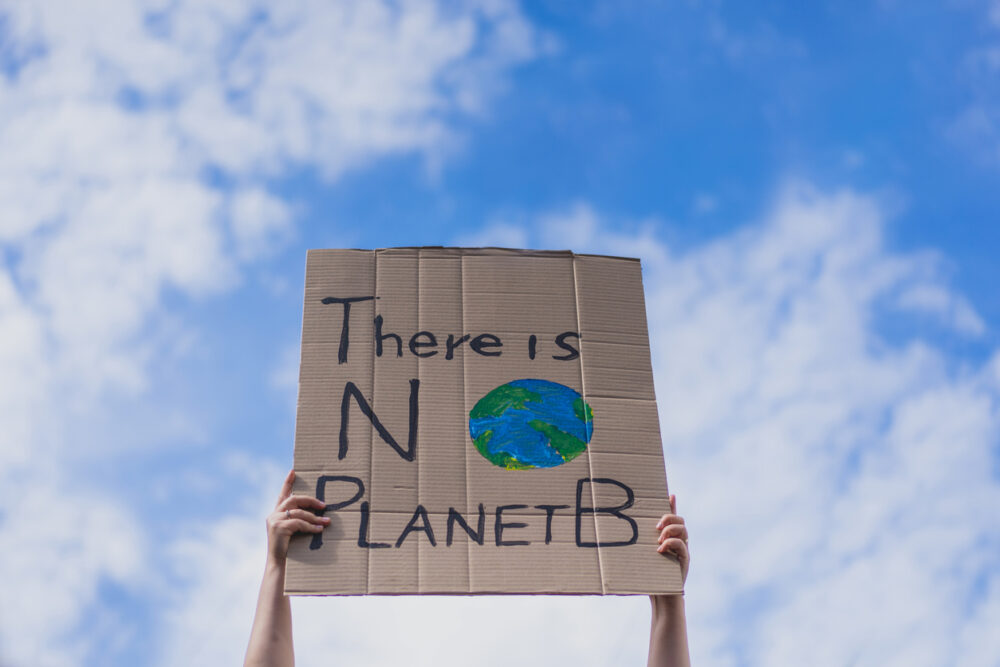
When your CEO mocks climate change activists and rolls his eyes at clean energy regulations, it creates a serious identity crisis for your brand. Musk used to be one of the loudest voices pushing for a sustainable future, but lately, he’s been signaling something very different. His public comments often downplay environmental concerns, criticize climate policy, or cast doubt on the urgency of the crisis. That shift hasn’t gone unnoticed. For activists, it feels like the leader of the movement switched sides without even blinking. It’s not about politics—it’s about the core values that drew people to Tesla in the first place.
If your frontman no longer seems to care about saving the planet, what does that say about the company’s real priorities? The brand’s credibility doesn’t just rest on its technology—it rests on the integrity of its mission. And right now, that foundation is cracking badly.
9. Tesla’s monopoly attitude is killing the collaborative spirit of climate solutions.
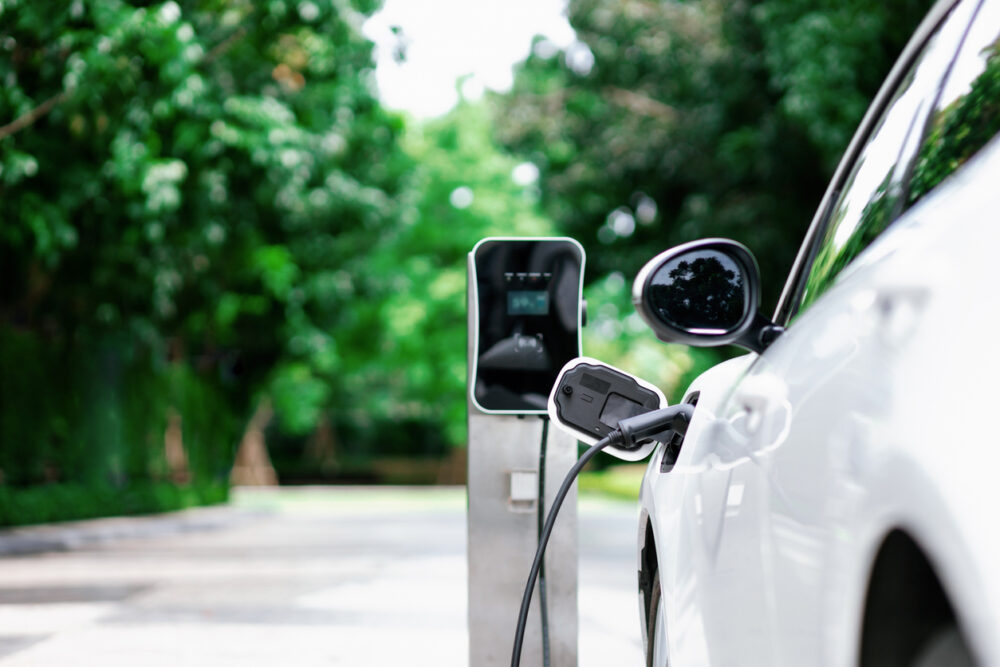
Climate change isn’t something one company—or one person—can solve alone. It takes collaboration, innovation sharing, and a real commitment to collective action. Tesla talks a good game about open patents and moving the industry forward, but in reality, they often behave like every other cutthroat corporation guarding its turf. Climate activists want to see companies lifting others up, not squeezing them out. Building a sustainable world isn’t about winning—it’s about working together to survive.
Tesla’s aggressive market tactics, endless lawsuits, and refusal to genuinely collaborate make it look more like a tech bro empire than a climate movement leader. People are tired of savior complexes and winner-take-all mentalities. Real change requires shared effort, shared credit, and shared solutions. Tesla acting like it’s the only player that matters is not just arrogant—it’s actively slowing down the kind of global cooperation the planet desperately needs.
10. Tesla’s marketing hype keeps falling short of real-world impact.
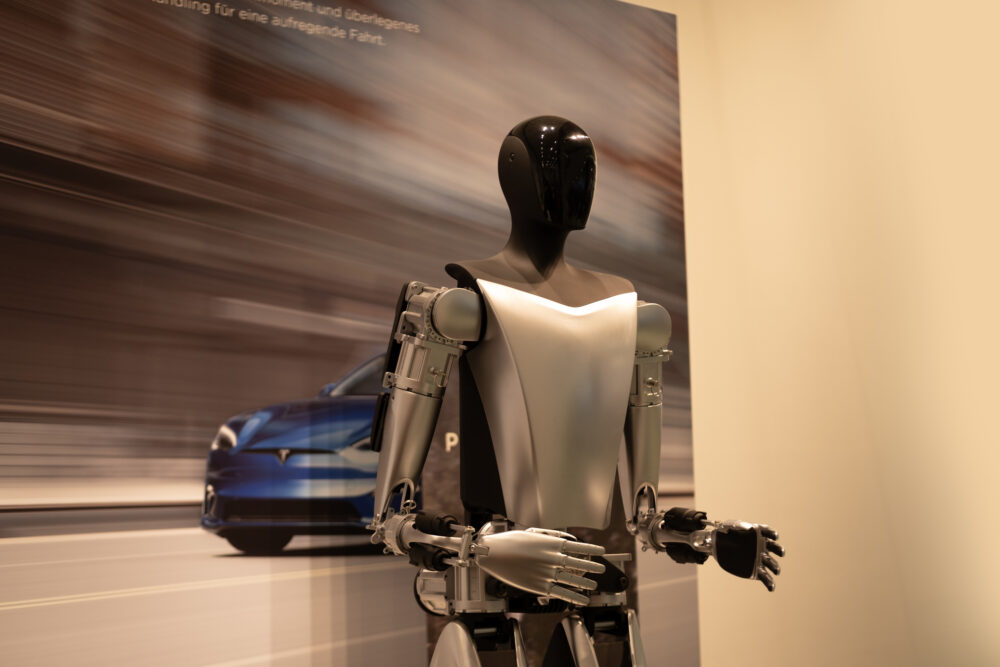
When Tesla first came on the scene, it wasn’t just selling cars—it was selling a revolution. Slick ads, dramatic announcements, and bold promises made it feel like real, massive change was right around the corner. But over time, more and more people started noticing a gap between what was promised and what was actually delivered. Whether it’s “full self-driving” that still isn’t fully safe, or solar products that never reached the market in meaningful numbers, a lot of that hype has fizzled. Activists aren’t interested in flashy headlines anymore—they want results that move the needle on climate change.
Tesla often talks like it’s saving the planet single-handedly, but the real numbers show the company still serves a small, wealthy slice of the market. Meanwhile, broader solutions like public transit, walkable cities, and affordable green tech barely get a mention. If you’re serious about saving the planet, hype won’t cut it. Action—and impact—are what really count.
11. Supporting Tesla no longer feels like supporting the future.
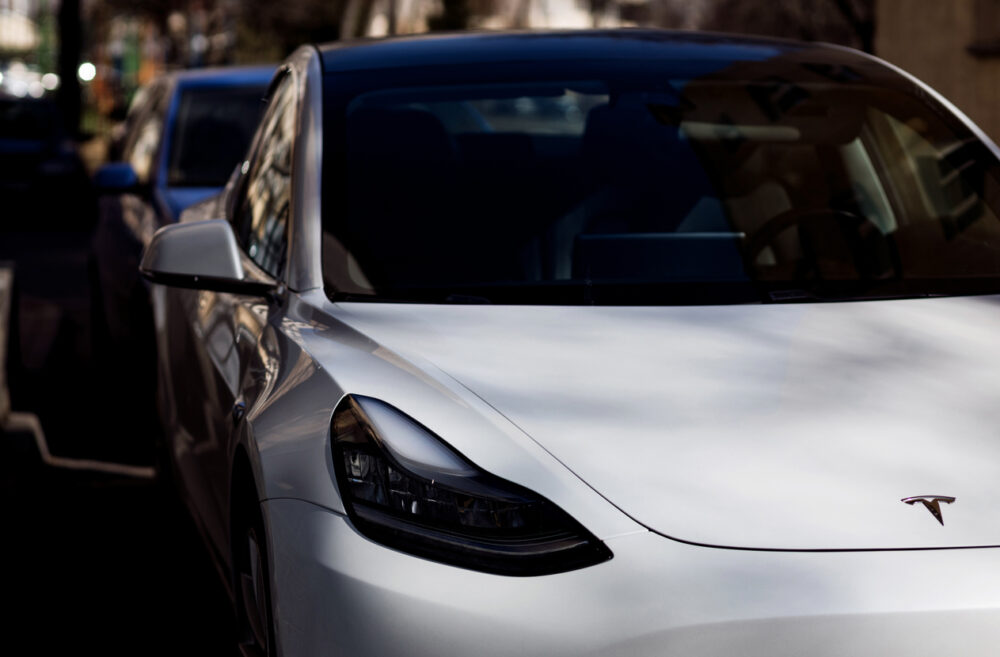
Once upon a time, buying a Tesla felt like planting a flag for progress, innovation, and hope. It was a way to show you believed in a cleaner, smarter future. But now, a lot of climate activists feel like sticking with Tesla is supporting a company that’s lost its moral compass. It’s not just about a few missteps—it’s about a growing pattern that feels impossible to ignore. When leadership mocks the very people fighting for change, when promises fall flat, and when profits seem to matter more than purpose, loyalty dries up fast.
Activists are realizing that meaningful change doesn’t come from flashy tech alone—it comes from deep, sustained commitment to people, the planet, and justice. Tesla once stood for that vision. Now, for many, it just stands for a broken promise. Supporting real climate action means looking beyond old heroes and finding new paths forward. The future is too important to settle for anything less.
